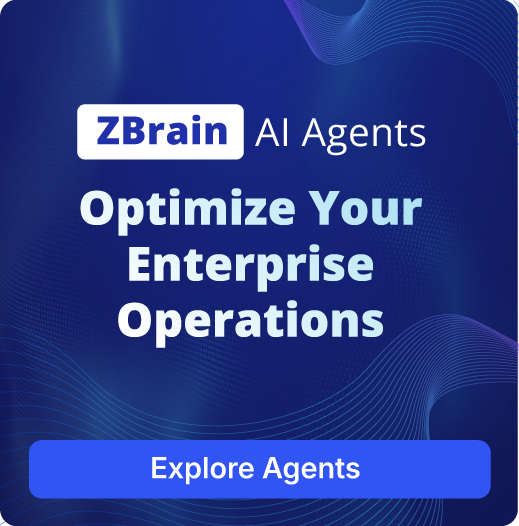By systematically identifying at-risk accounts earlier and recommending precise actions, it empowers teams to prevent churn and protect critical revenue streams.
Proactively Identify Churn Risk
- Analyzes shifts in product usage, support tickets, and satisfaction scores.
- Performs real-time sentiment analysis on emails and external feedback.
- Assigns a dynamic risk and priority level to each customer account.
- Identifies subtle changes in customer behavior that precede churn events.
Enable Targeted Retention Strategies
- Synthesizes fragmented data into a unified, actionable customer history.
- Recommends tailored interventions based on specific, identified risk drivers.
- Provides context-rich summaries to inform high-value engagement.
- Delivers insights that help teams personalize outreach and offers.
By automating the entire data gathering and triage process, it frees retention specialists to focus exclusively on high-value customer engagement and strategy.
Automate Manual Data Aggregation
- Unifies customer data from CRMs, support systems, and third-party sources.
- Automatically compiles structured and unstructured data into clear summaries.
- Eliminates hours spent manually compiling customer information and risk profiles.
- Provides a single, consistently updated view of every customer account.
Deliver Actionable Insights Upfront
- Replaces inconsistent manual review with systematic, data-driven prioritization.
- Flags accounts requiring immediate attention with clear justifications.
- Presents a prioritized work queue for the retention team each day.
- Highlights key trends and changes in customer sentiment over time.
By reducing manual effort and optimizing resource allocation, it lowers operational overhead and minimizes the high costs associated with customer churn.
Reduce Manual Workload
- Automates the classification and routing of all retention cases.
- Minimizes the time from risk detection to intervention, reducing rework.
- Frees up employee hours for strategic, revenue-generating activities.
- Reduces costs associated with manual data entry and analysis.
Optimize Resource Allocation
- Identifies low-risk cases suitable for automated, touchless resolution.
- Focuses expensive human resources on the most critical, high-value accounts.
- Ensures consistent application of retention criteria across all accounts.
- Prevents wasted effort on accounts with low churn risk or low value.





